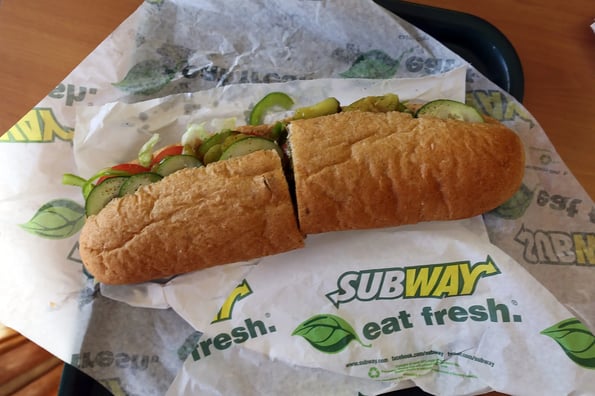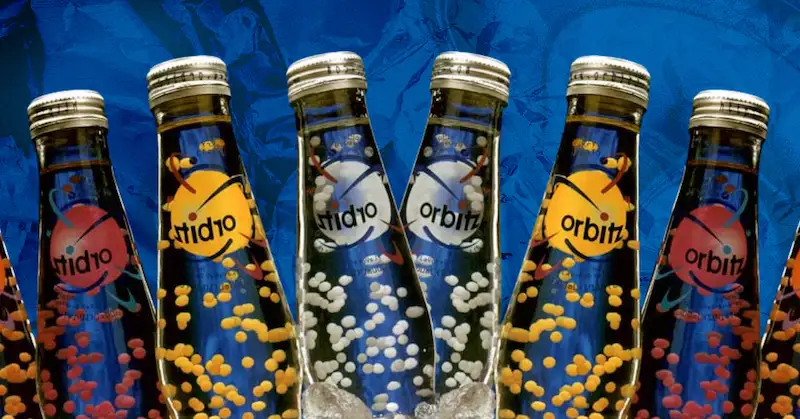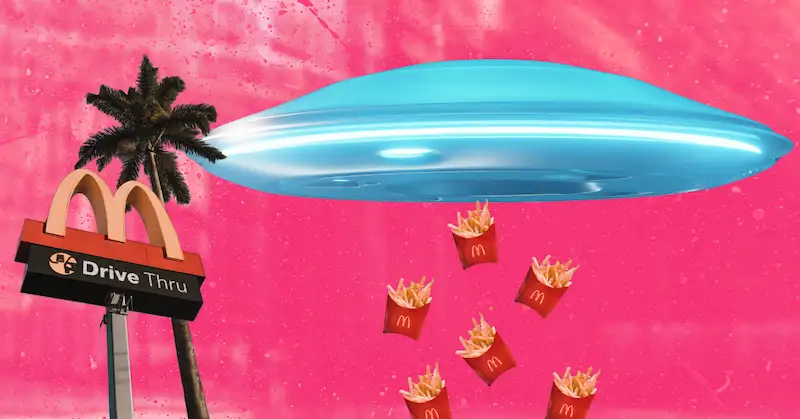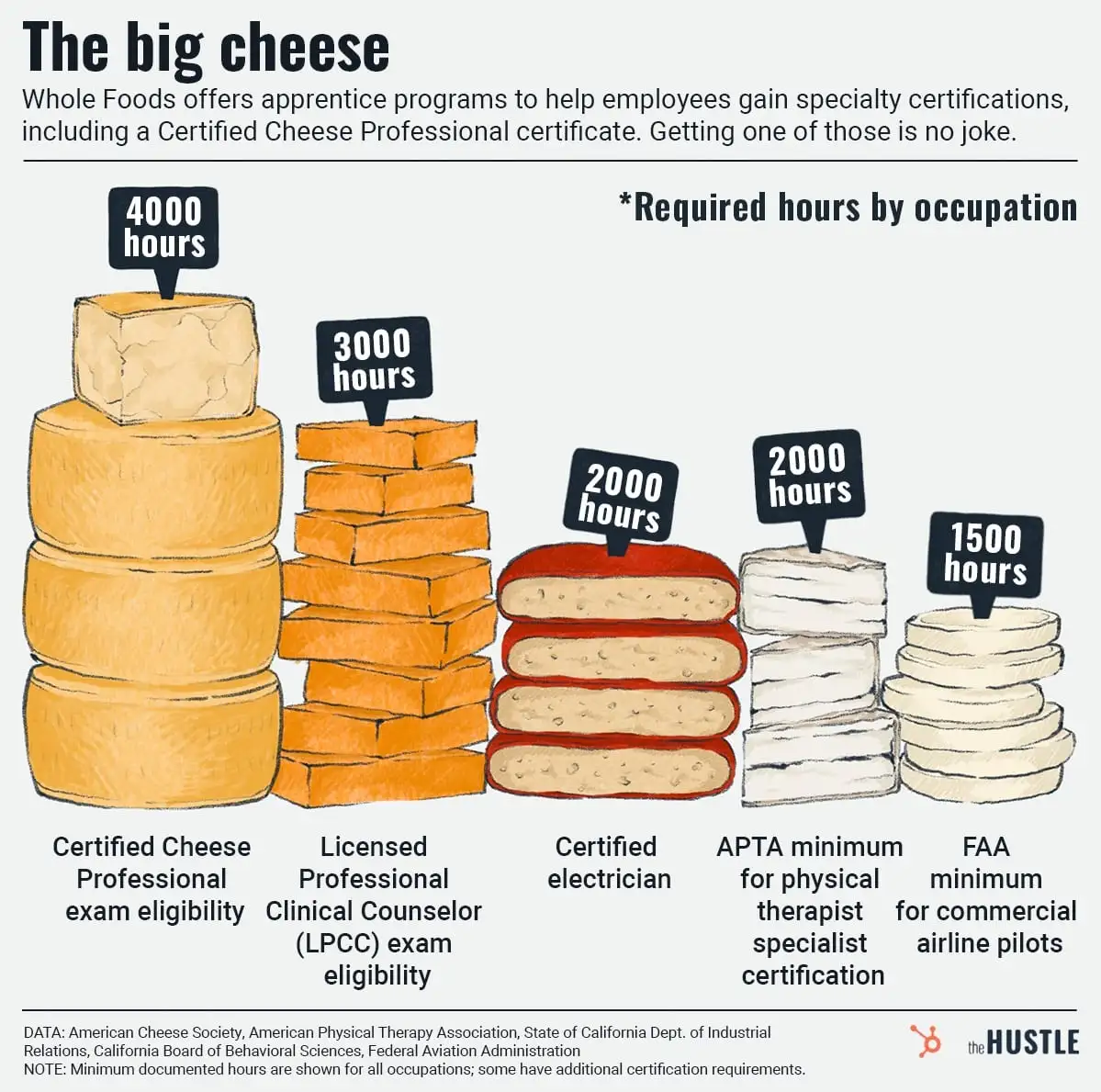You may want to think twice before ordering that $5 footlong.

Subway, the global sandwich chain, is battling claims over the legitimacy of its tuna, and a federal judge just ruled the company can be sued for misleading customers about its ingredients, per Reuters.
Subway’s tuna trouble…
… started when a disgruntled customer enlisted a marine biologist to analyze 20 tuna samples from the chain. He found 19 of them had “no detectable tuna DNA sequences.”
The finding kicked off a series of events:
- Subway released a statement, created a dedicated website, and ran commercials touting that it “serves 100% tuna.”
- The sandwich chain argued that any presence of non-tuna DNA could be due to cross-contamination with other ingredients.
- A US district judge didn’t rule out Subway’s explanation, but determined that some ingredients in the samples (e.g., chicken, pork, beef) are not what a “reasonable consumer would… expect to find in a tuna product.”
For now, Subway is standing firm — recent menu updates don’t show any tuna-related changes despite the ongoing lawsuit.
This isn’t Subway’s first run-in with sketchy food
Previous investigations happened in:
- 2017, when Canadian researchers found Subway’s chicken only contained ~50% chicken DNA
- 2020, when an Irish court ruled that Subway’s bread isn’t actually bread due to its high sugar content
The company also faced a class-action suit for selling footlong sandwiches that were shorter than a foot, but it was ultimately dismissed.
Subway’s not alone
Class-action lawsuits against food and beverage companies have been rising for years, and payouts can be lucrative.
That said, if your tuna isn’t tuna, your chicken isn’t chicken, and your bread isn’t really bread — there’s gotta be a better way.
For more on Subway, check out our deep dive on the rise and fall of the $5 footlong.










